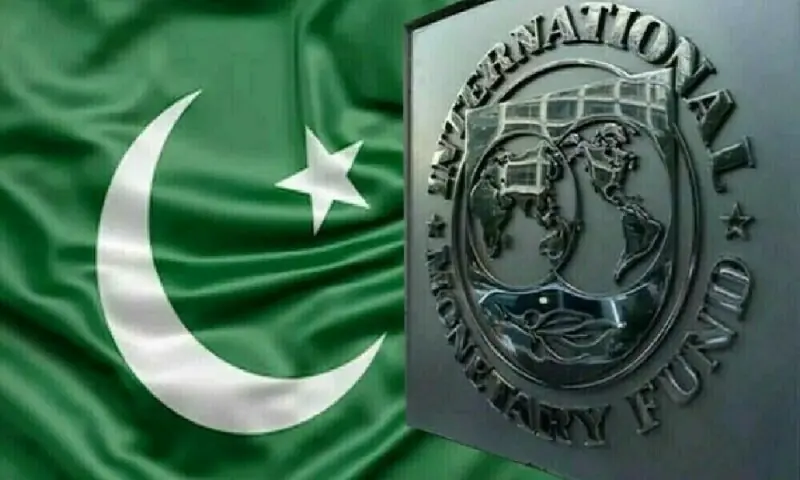
EDITORIAL: The International Monetary Fund (IMF) team is expected this month to initiate the second review of the USD 7 billion 36-month-long Extended Fund Facility programme (with exact dates being kept secret due to security concerns) that was formally approved by the Fund’s Executive Board on 27 September 2024.
Credible reports suggest that the approval of the budget for last fiscal year, presented to parliament on 10 June 2024, was a prior condition.
There has been much criticism of the budget with Business Recorder consistently pointing out an economic truism: the budgeted severely contractionary monetary (the 10 percent decline in the discount rate from June 2024 to 11 percent at present is still the highest in the region by far) and fiscal policies (target of 14.1 trillion rupees against 11 trillion rupees realised in 2024-25 with a 2.6 percent growth rate) would disable the fragile economy from achieving the projected 4.2 percent Gross Domestic Product (GDP) growth rate for the current year.
GDP growth was downgraded by the Fund to 3.6 percent in its DataMapper dated April 2025, well before the floods that have devastated large swathes of farm land in the country and destroyed the homes and livestock of hundreds of thousands.
The damage assessment report has not yet been compiled because the threat of floods has yet to recede but preliminary reports suggest that the damage could be as high as USD 40 billion. Given the scale of the damage, the IMF team is unlikely to insist on some of the harsh upfront conditions that it has been insisting on in this programme.
But what is undeniable is that any concession or subsidy envisaged by the government for any of the affected would have to be cleared by the Fund team first or else there is a real danger of suspension of the next tranche that, in turn, would lead to the three friendly countries not extending the 12 plus billion dollar rollovers, which are part of the 14,336 million-dollar foreign exchange reserves that were held by the State Bank of Pakistan on 5 September 2025.
On 15 September, in a televised address, Prime Minister Shehbaz Sharif announced a special relief package for the flood-affected people that included a waiver of August electricity bills for all domestic consumers.
Two days later, the Secretary of Power Fakhary Alam Irfan informed the National Assembly Standing Committee on Power that the government would seek the Fund’s approval, given that the IMF demands detailed information on every proposal before taking a decision.
The question is what are the chances of the Fund agreeing to this proposal? It is expected that the Fund staff would feel a great deal of empathy once it is exposed to the devastation caused by the floods as well as the plight of those impacted.
However, the Fund has always argued that relief must be targeted, and it is therefore expected that the condition maybe to channel the package through Benazir Income Support Programme (BISP), which has an internationally well-regarded beneficiary selection process that involves a National Socio-Economic Registry and proxy means test methodology. This approach needs to be supported as the worst affected by climate change are the poor and the vulnerable who do not have the wherewithal to withstand climate catastrophes.
Sadly, due to the ongoing contractionary policies unemployment has risen to an alarming level, to 22 percent, and one would hope that our team points this out and seeks some relief for the unemployed as well.
Prime Minister Shehbaz Sharif lamented a few months ago that the scale of the devastation indicates that the country learned no lessons from the 2022 floods — the first year of his administration. It is therefore hoped that projects designed specifically to deal with the threats posed by climate change are identified and undertaken at speed.
Copyright Business Recorder, 2025



